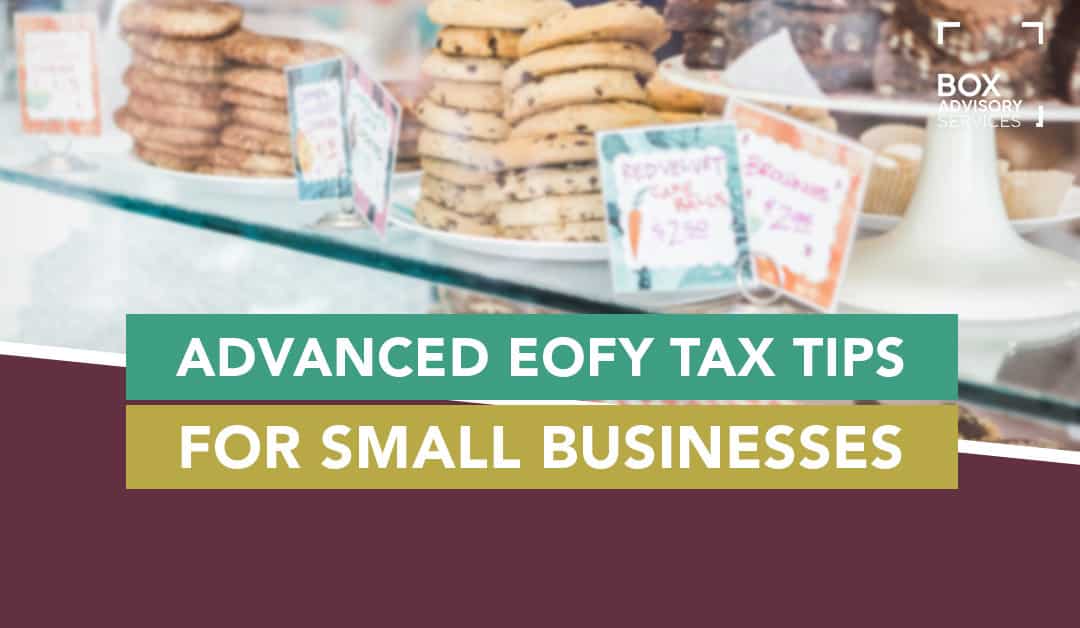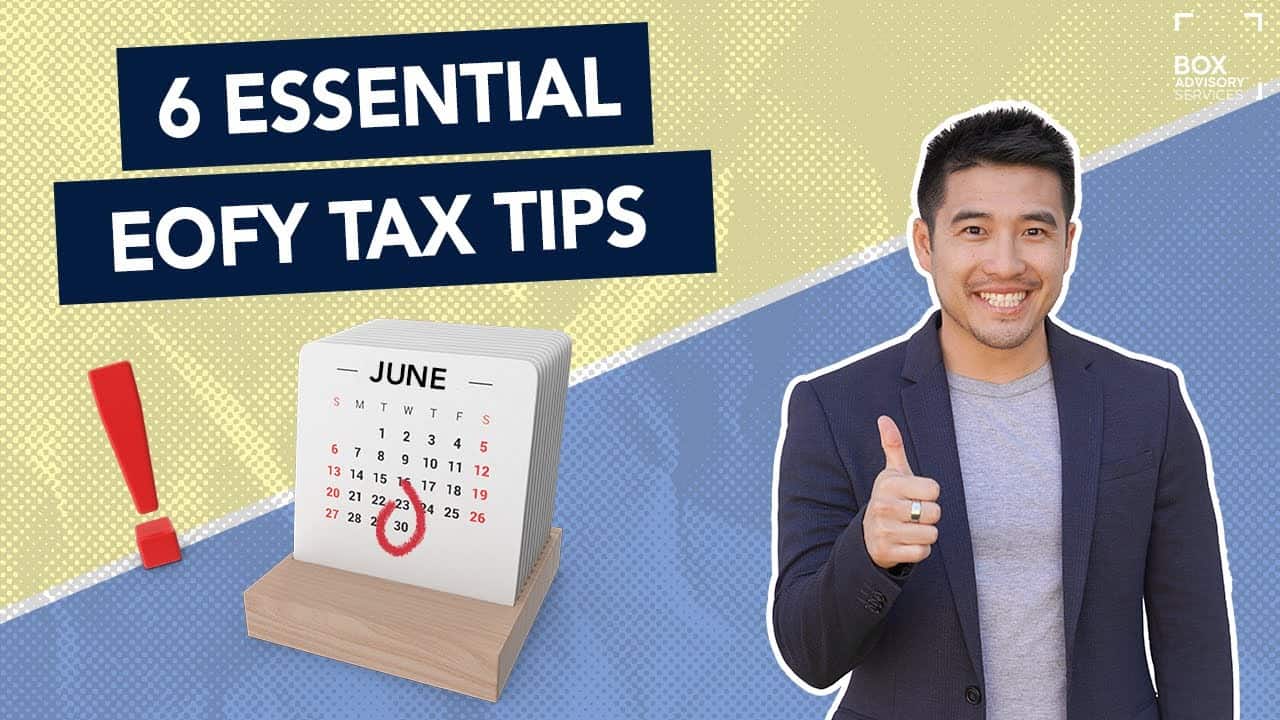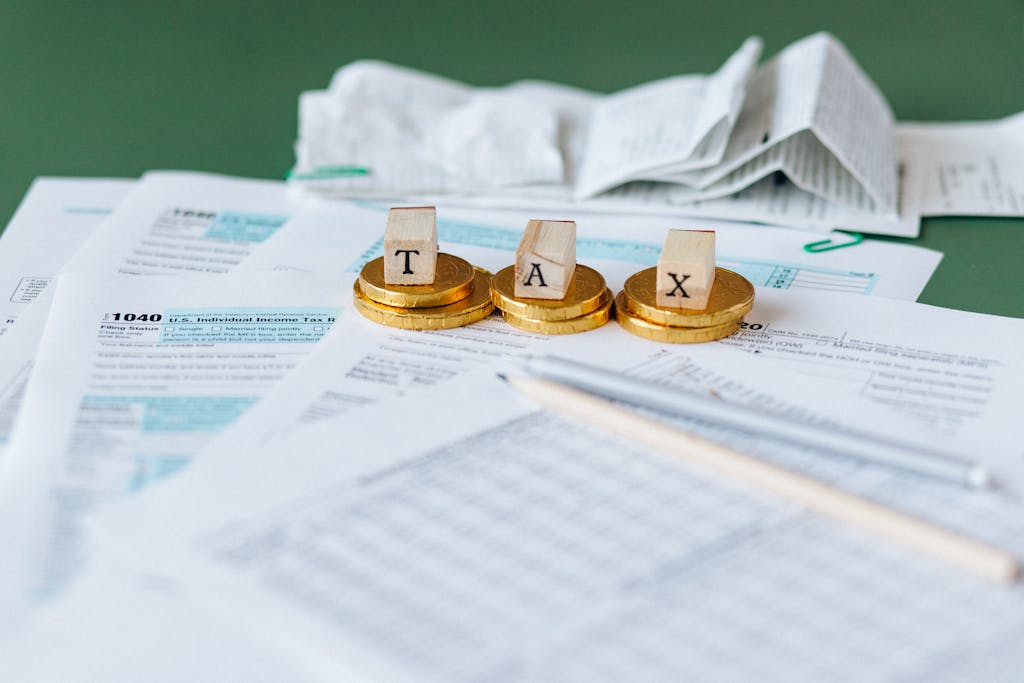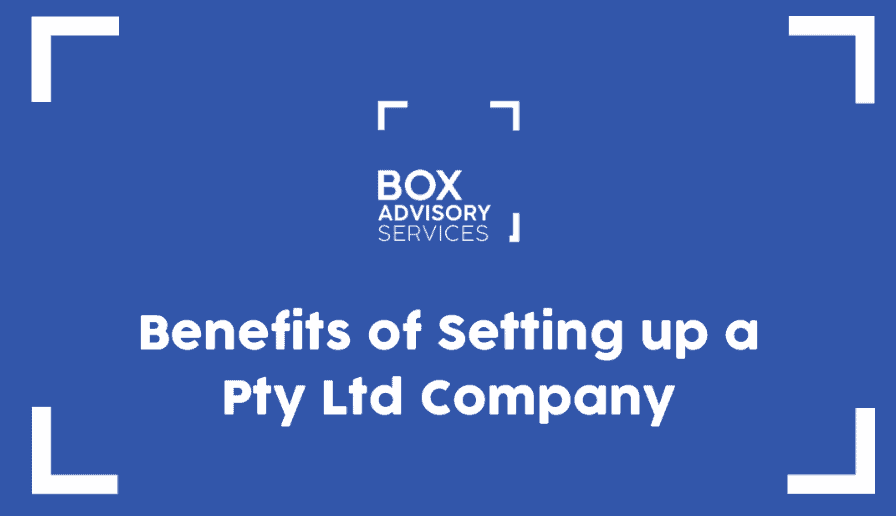
BY
|
Advanced EOFY Tax Tips for Small Businesses
The end of the financial year is around the corner, which means it’s time for small businesses to save some money on taxes.
Let’s be honest – no small business wants to pay more tax than they have to.
Fortunately, the Australian Tax Office (ATO) recognises the vital role that small businesses play in the economy, so they allow them several tax breaks throughout the year.
Now that the end of the financial year is creeping up, here are some tax tips that your small business should take advantage of.
Handy EOFY Tax Tips For SMEs
Prepay Eligible Expenses
If your business made a good profit at the end of the financial year and has some cash flow, consider prepaying expenses.
If you can pay some of your business expenses in advance, you can reduce your assessable income at tax time and claim an immediate tax deduction for prepaid expenses such as:
- business travel
- insurance
- advertising
- software
- rental payments, and
- business-related subscriptions.
However, it’s worth noting that you can only repay these expenses up to twelve months in advance, and the immediate tax deduction will only apply if it’s an excluded expenditure and relates to a pre-RBT obligation.
Increase Your Superannuation Contributions
Making voluntary contributions to your superannuation fund is a great way to keep your taxes below the next income threshold. By contributing additional funds into your super, you’ll reduce your business’s taxable income and reduce the amount of tax you have to pay on that contribution.
Your superannuation contribution will generally be taxed in the fund rate at 15% instead of your personal marginal tax rate, which could be up to 47% or your small business tax rate, which could be up to 26%.
Not only will you reduce the amount of small business tax you’ll have to pay for your business, but it’s also a wise investment for your future.
You can contribute up to $25,000 to your super fund each financial year. However, as of 1 July 2021, the voluntary contribution threshold amount will increase to $27,500.
However, you’ll need to ensure that you don’t pay any voluntary contributions directly on 30 June because it can usually take five to ten business days for the funds to enter the superannuation account.
Utilise the Instant Asset Write Off Scheme
The instant asset write-off allows small businesses to claim immediate deductions on any new or second-hand assets you purchased for your business this financial year.
The instant asset write-off can be used for a variety of new and second-hand assets, provided that the cost of each asset is less than the relevant threshold, including deductions for your car, tools or even office equipment,
Before the 6th of October 2020, you could only claim an immediate deduction for assets up to $150,000. But the 2020 Federal Budget delivered the Australian Tax Office’s (ATO) most significant change yet.
Now, until 2023, you can claim an instant asset write-off for assets without this threshold at all.
This means that until 30 June 2022, this limitless instant asset write-off will override all other previous instant asset write-off thresholds.
Company Planning and Restructuring
Our registered tax agent can help your business implement a few things under company planning and restructuring to minimise your tax liability.
Restructuring
If you’re planning to implement company restructures, make sure to do it before 1 July. By designing the restructure before the end of the financial year and implementing the restructure at the start of the financial year, you would only be required to do one tax return for the new entity.
Example:
If the new company were set up on the 15th May 2021, the new company and the old business entity would need to lodge a tax return for the 2020-2021 financial year.
However, If the new company is set up on 1 July 2021, they would only need to lodge a tax return for the 2021-2022 financial year, and the old business entity would lodge their tax return for the 2020-2021 financial year.
Write Off Bad Debts
If you can’t retrieve debt from one or more of your customer’s accounts, you could possibly write these debts off and reduce your taxable income.
Bad debts can range from:
- customer credit accounts,
- customer loans, and
- employee loans.
Writing off bad debts means you can reduce your assessable income because you won’t be getting that payment anymore. By reducing your income, you can reduce your tax bill.
However, the ATO has strict rules when it comes to writing off bad debts. Before you can write off customer debt, you’ll have to:
- communicate to the debtor about their outstanding payments (and keep all records of the communication),
- send follow-up reminder notices,
- determine their financial position and whether they are likely to pay their debt, and
- taken all necessary debt recovery steps to retrieve the debt.
If, after following through with all the above, you can prove that you’re not able to retrieve payment for their outstanding account, you can write off the debt and claim this as a tax deduction.
Be Smart About Drawing Profits
If your business or company has made substantial profits during this financial year, you must consider taking this money out and not impacting your taxes too much.
There are three ways that you can draw money from your company:
- director loans,
- wages, and
- dividends.
But, when it comes to the end of the financial year, it’s essential to consider the tax impact of drawing that money out – mainly because you don’t want to end up being double-taxed.
Without proper planning, you could get taxed in your company and taxed on the same money in your personal capacity.
There are a few ways that you can avoid double-taxation, such as creating a loan agreement between the company and the director or shareholder, paying franked dividends, paying wages or even back paying the money that you’ve taken out.
However, this area of tax law is quite complex and how you manage it is dependent on your business’s circumstances. So, you’ll need to chat with a good accountant about the tax implications of drawing money out of your company.
Key Takeaways
It’s that time of year again – the end of the financial year. And your small business must take advantage of the various tax breaks offered by the ATO if you want to reduce your taxable income.
Along with the existing tax breaks, the Australian Government recently made some amendments to soften the economic hardship caused by the COVID-19 pandemic, including the limitless instant-asset write off.
However, there’s no one-size-fits-all strategy when it comes to reducing your business’s taxable income.
At Box Advisory Services, our small team of experienced accountants can help you navigate through putting together your tax reduction plan as well as preparing your tax return.
To find out how we can help you, book a free consultation with us to assess your situation.
Disclaimer:
Please note that every effort has been made to ensure that the information provided in this guide is accurate. You should note, however, that the information is intended as a guide only, providing an overview of general information available to property buyers and investors. This guide is not intended to be an exhaustive source of information and should not be seen to constitute legal, tax or investment advice. You should, where necessary, seek your own advice for any legal, tax or investment issues raised in your affairs.




